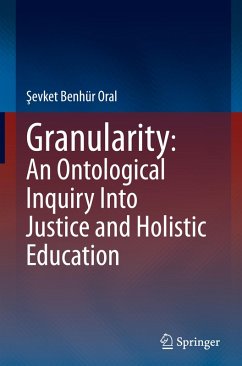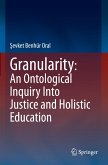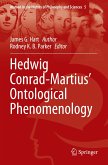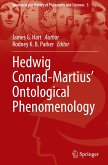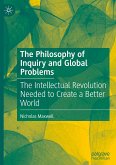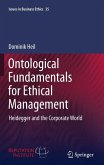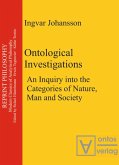This book presents an original exploration of philosophical questions pertaining to the ways we grasp the Absolute by bringing together the Buddhist notion of interpermeation of all phenomena into contemporary strains of thought in continental philosophy. This text introduces an ontological concept, granularity, deploying it to probe questions concerning the intersection of ontology, ethics, and education. A wide range of issues in metaphysics are covered-including being, nothingness, unity, plurality, truth, change, transformation, subjectivity, contradiction, coherence, potentiality-from the perspective of thinkers such as Hegel, Heidegger, Badiou, Meillassoux, Malabou, Zizek, and Harman. The text deploys granularity in arguing for an ethics of unconditional hospitality within education. This volume is intended for students and researchers working in the areas of philosophy of education, philosophy of religion, and continental philosophy.
Bitte wählen Sie Ihr Anliegen aus.
Rechnungen
Retourenschein anfordern
Bestellstatus
Storno

